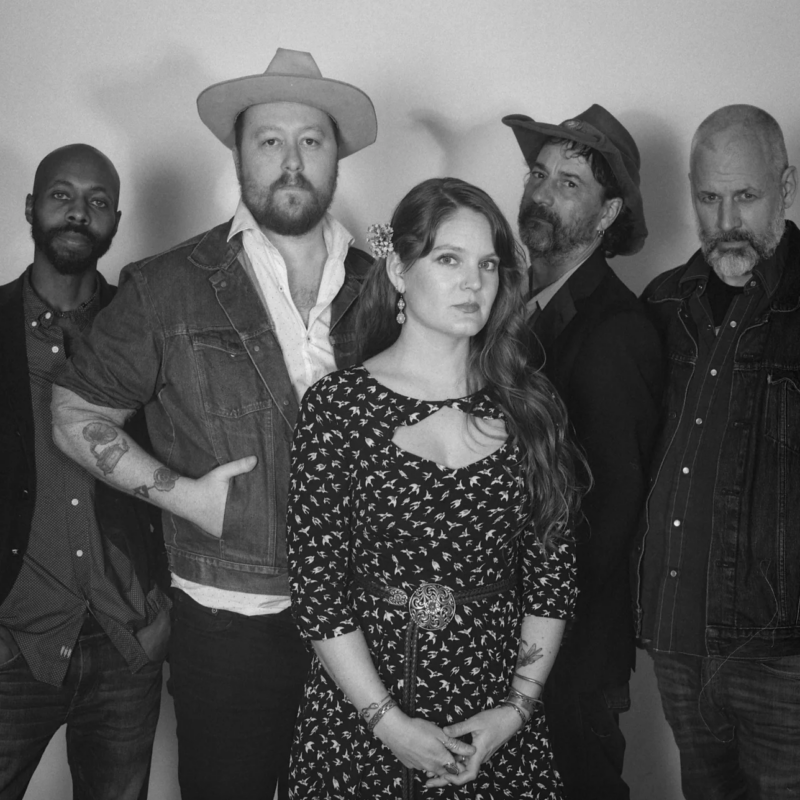Adapted from the 2005 novel by Jonathan Safran Foer, Extremely Loud and Incredibly Close evokes the recent literary wave of self–conscious precocity probably begun with Dave Eggers’ A Heartbreaking Work of Staggering Genius. Such titles, stacking up adjectives and adverbs like stones in fortress walls, have a common angle on grappling with grief: the will to outthink it. Foer’s grief was the national trauma of 9/11, and he made a bet that pathos, or at least a bravura intellectual exercise, could be wrung from a good-faith effort to comprehend the incomprehensible.
/2011_extremely_loud_and_incredibly_close_001.jpg)
In Extremely Loud and Incredibly Close, Thomas Horn plays a precocious youngster searching New York City for the lock that matches a mysterious key left behind by his father (Tom Hanks), who died in the September 11 attacks on the World Trade Center.
|
Well, nothing says self-conscious precocity quite like a literary-seeming, puzzle-solving boy. Here we meet Oskar Schell (Thomas Horn), a socially inept pre-teen enthusiast of the urban scavenger hunts organized by his father, a Manhattan jeweler of European Jewish extraction (Tom Hanks!), to foster the boy’s innate intelligence and draw him out. After dad dies in the Trade Center attacks, Oskar finds a key in an envelope with the word “Black” written on it, and defaults to their established routine, methodically tracking down and interrogating the hundreds of New Yorkers whose last name is Black. Did his father leave him a last message?
Several, actually, on the answering machine that terrible morning. But those are beyond unsatisfying. They’re unbearable. In fact, Oskar won’t even let his mother (Sandra Bullock) hear or know about them. Instead he sticks to his mission, as recorded in a busy system of maps and file cards and calculations and industriously elaborate scrapbooks, not to mention the invasive questions he fires off at strangers. Also, he carries a tambourine around and regularly jiggles it in order to calm himself.
In short, Oskar has one of those tic-constellation personalities that work much better in prose than in a movie. Especially, it seems, if the movie is written by Eric Roth and directed by Stephen Daldry, respectively the men responsible for Forrest Gump and The Reader.
Here it’s supposed to be a joke that Oskar’s Asperger test was inconclusive. From his unrelenting obnoxiousness, we may at least infer that he’s not so good on empathy. But the movie asks for patience only to try it. Must every stage of grief accommodate being a brat? That so many people tolerate Oskar’s rude impatience seems like a delusional fantasy of New Yorkers’ resiliency, and therefore a disservice to it. As is the solidarity so belabored by the literary conceit of his community-connecting quest.
Extremely Loud and Incredibly Close marks the film acting debut for Horn, freshly plucked from success on the “Kids Week” edition of Jeopardy! His smarts and stamina accord with the Foer mandate, just as his diminutive yet clobbering presence suits his tediously sensible screenwriter and director. Hopefully he’ll get better gigs hereafter.
In retrospect maybe the adverbial overstatement of the book’s title was a warning. We know films can’t be novels; they shouldn’t be greeting cards either.





